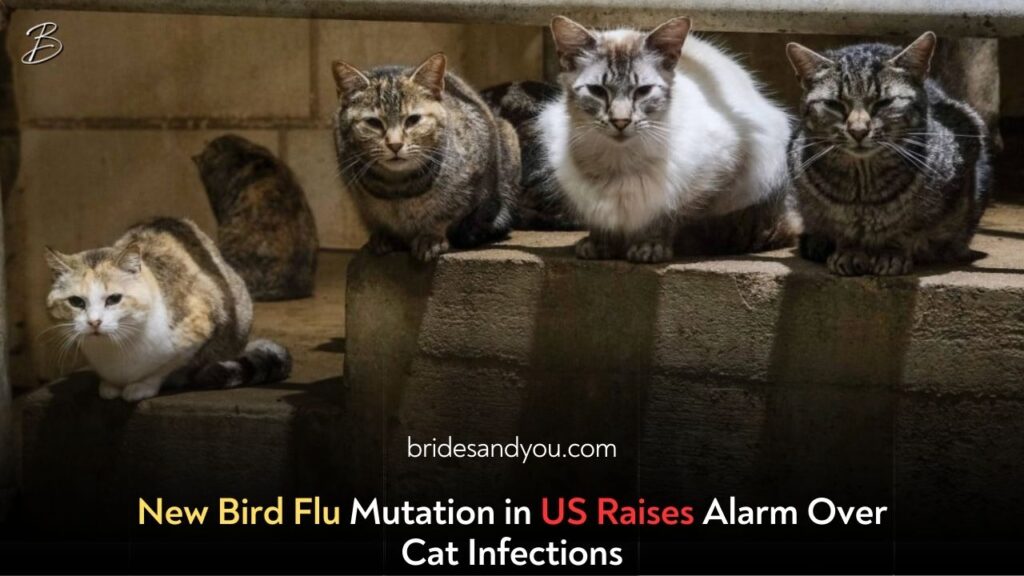Now Reading: Seasonal and Swine Flu Cases Surge Across Pakistan: Stay Informed, Stay Safe
-
01
Seasonal and Swine Flu Cases Surge Across Pakistan: Stay Informed, Stay Safe
Seasonal and Swine Flu Cases Surge Across Pakistan: Stay Informed, Stay Safe

As the dry and cold weather sweeps across Pakistan, the country witnesses a sharp rise in seasonal flu, swine flu, and other respiratory illnesses. Health officials have raised alarms, urging citizens to adopt preventive measures and protect themselves from these fast-spreading viruses.
A Surge in Seasonal Illnesses
The National Institute of Health (NIH) recently presented a report to the National Assembly highlighting the increasing cases of seasonal flu and swine flu (Influenza A). From December to January, the following statistics were recorded:
- Seasonal Flu (Influenza B): 511 confirmed cases, including 129 children.
- Swine Flu (Influenza A): 147 positive cases.
- Metapneumovirus: A rare respiratory virus identified in one patient.
Out of 1,724 patient samples collected from 14 major cities, including Karachi, Lahore, Islamabad, and Peshawar, these results demonstrate a widespread impact.
Fresh Coronavirus Cases in Karachi
Karachi has reported new coronavirus cases, with a notable surge in influenza and laryngitis. Alarming data from Dow Hospital shows that 30% of patients presenting cough and fever symptoms tested positive for coronavirus.
Professor Saeed Khan explained that the coronavirus persists in society, with cases spiking during colder weather. He emphasizes the importance of vigilance and precaution, especially for individuals experiencing symptoms.
Precautionary Measures to Combat Illness
To mitigate the spread of these viruses, health experts recommend:
- Vaccination: Protect yourself by getting flu and COVID-19 vaccines.
- Wearing Masks: Use masks, particularly in crowded places.
- Hygiene Practices: Wash your hands frequently and avoid touching your face.
- Seeking Medical Help: Consult a doctor if symptoms like persistent cough, fever, or fatigue arise.
This season demands awareness and action. Let’s prioritize our health and safeguard our loved ones by taking the necessary precautions.











